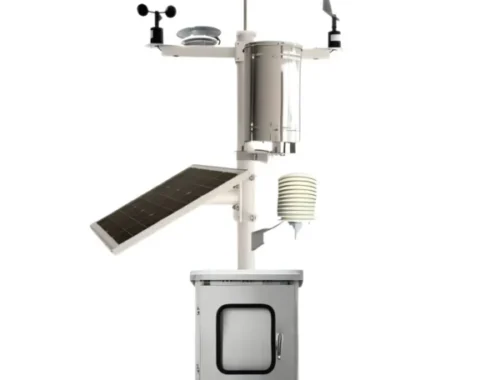Call for greater transparency in clinical trials
Call for greater transparency in clinical trials
Revision of rules in bid to cut red tape
Members of the European Parliament’s environment, health and food safety committee last week (29 May) voted for greater transparency in the European Commission’s proposal to revise EU rules on clinical trials.
The revision of the 2001 clinical trials directive is meant to tackle probl-ems with bureaucracy. Researchers have complained that rather than easing clinical studies across the EU, the directive has slowed research by adding red tape. The Commission acknowledges that the directive is partly to blame for a 25% decrease in the number of trials between 2007 and 2011.
But MEPs want the revision not only to reduce red tape but also to require greater transparency in the way that pharmaceutical companies conduct their drug trials. The draft text approved by the committee would require companies to publish summaries of their trials on a database that can be viewed by the public. The firms would also have to publish a full report once a decision on product authorisation has been taken. At present, reports are published on about half of the clinical trials conducted in the EU.
Click Here: All Blacks Rugby Jersey
Sensitive information
The European Federation of Pharmaceutical Industries and Associations says publishing a full report before a company has had a chance to market a drug risks the disclosure of commercially-sensitive information. But Glenis Willmott, a British centre-left MEP who is guiding the legislation through the Parliament, insists that summaries of trials could be misleading.
The role of national ethics committees in the approval of trials has also proved controversial. Health campaigners and pharmaceutical companies are concerned that the Commission’s proposal is too vague on the role of these committees, which deal with the rights of patients.
There have long been complaints that the 2001 directive allowed member states to operate these bodies in very different ways, and the 1,800 ethics committees in Europe do not automatically communicate with each other. MEPs have backed detailed requirements on informed consent, specifying how much access to information test subjects should have, and how participants would be compensated for damages.
A plenary vote on the revision is scheduled for October. Health ministers will discuss the issue at the end of this month (21 June).
You May Also Like

Dino Game: A Timeless Classic in the World of Online Gaming
March 22, 2025
10 Practical Applications of Rain Gauges in Everyday Life
March 20, 2025